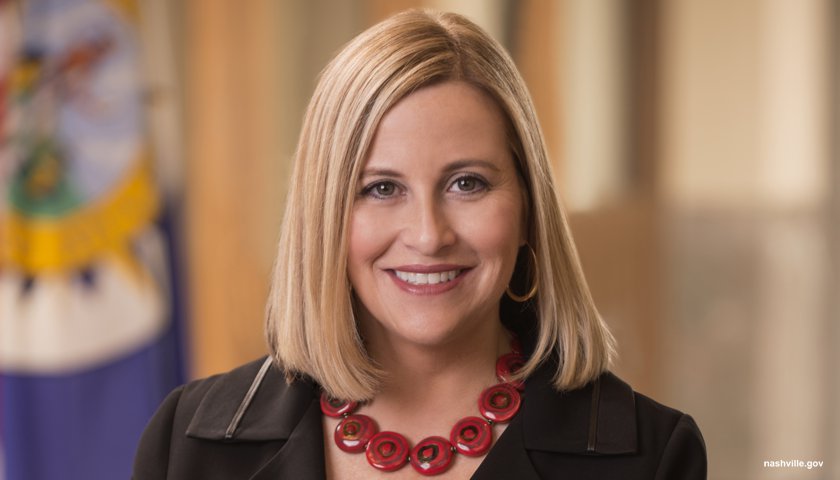A bipartisan bill aims to revive a killed business subsidy incentive that they say will spur new job creation in Michigan.
State Reps. Mark Tisdel, R-Rochester Hills and Angela Witwer, D-Delta Township, introduced House Bills (HB) 5425 and 5426 that aim to form the Michigan Employment Opportunity Program (MEOP) to provide incentives for business developments similar to the Good Jobs for Michigan (GJFM) program, which expired in 2019.
“The Michigan Employment Opportunity Program will form a public-private partnership to bring good jobs to our state,” Tisdel said in a statement. “Government can make it easier for businesses to invest in our communities and support more Michigan workers, bringing economic growth – and the revenue that comes with it.”
Read the full story




